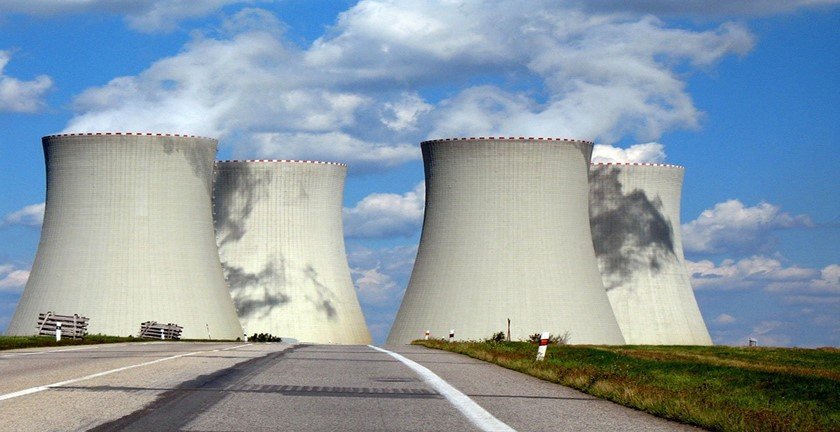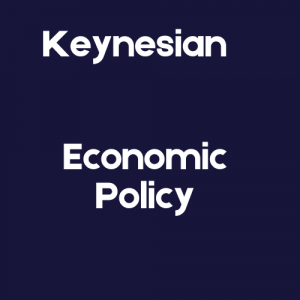Government introduced a carbon tax on consumption of goods causing carbon emission. The tax aims to reduce the environmental problems the world is facing and encourage the use of environmentally friendly fossil fuels.
Although the tax on carbon aids in the reduction of pollution and global warming, it is met with a lot of critics. This article discusses the pros and cons of carbon tax levy.
Pros:
1. Payment of social cost: It prompts the environmental polluters to pay an external cost for emission of carbon dioxide in the environment.
2. Encourage use of environmentally friendly fuels: Introduction of social cost on carbon emission will encourage firms and individuals to look for alternative sources of fuel like solar power in order to avoid high prices on carbon pollution tax.
3. Raise revenue: Carbon tax acts as a source of revenue to the government. This increases the funds available to mitigate the effects of pollution.
4. Increase social efficiency income: Payment of social cost on pollution increases social efficiency in the country and makes everyone responsible for reducing pollution.
5. Predictability: Carbon tax fluctuates with changes in weather conditions and economic conditions. This makes it easy for cap-and-trade schemes to set up limits on the carbon emission.
6. Charged equally: No matter the source of carbon emission, a single unit of carbon dioxide do the same damage thus the taxes are treated fairly.
7. Environment conservation: Higher taxes help in reducing cost associated with carbon emission, pollution, and effects of global warming.
8. Acceptable internationally: The tax price affects everyone in the world and every country market fuel price fluctuations. This makes the carbon tax levies to be internationally accepted.
9. Reduce greenhouse-gas emission: The taxes enable individuals and firms to use lesser energy from the fossil fuel and reduce carbon emission.
10. Cuts marginal tax rates: Using revenues from carbon tax helps to reduce marginal costs on payroll taxes and income taxes. Reducing the marginal rates have a positive impact on the economy.
Cons:
1. Reduce economic growth and investment: Levy on carbon tax increases the cost of operation discouraging investments and economic growth in the country.
2. High taxes: When the demand is high, the government increases the taxes so that people can look for alternative source of energy and reduce demand.
3. Encourage tax evasion: Introducing carbon tax makes the firms or individuals to secretly pollute the environment in order to avoid paying the taxes.
4. High administration cost: To implement a carbon tax, the government needs a huge amount of capital. Inadequate capital limits the implementation and functioning of the carbon tax.
5. Difficult to measure external costs: Including carbon tax makes it difficult to measure the exact actual tax for the business as well as measure the external costs.
6. Revenue neutral: A carbon tax is progressivity-neutral since it is packaged with cuts from other types of taxes. The tax great other regulations and market caps leading to unpredictable economic impact.
7. Political influence: Strong political interests influence Carbon taxes and the prices can easily fluctuate to meet these political gains.
8. Shift production: Introducing carbon tax may make the firms to shift the production process to countries which do not levy a carbon tax.
9. Expensive: Increased taxes lead to increased cost of production.
Consumers have to pay more for the consumption of the products making them reduce the spending patterns.
10. Uneven distribution: Additional costs from increased prices of taxes affects low-income consumers compared to high-income owners. This leads to uneven distribution on the cost of carbon tax.


